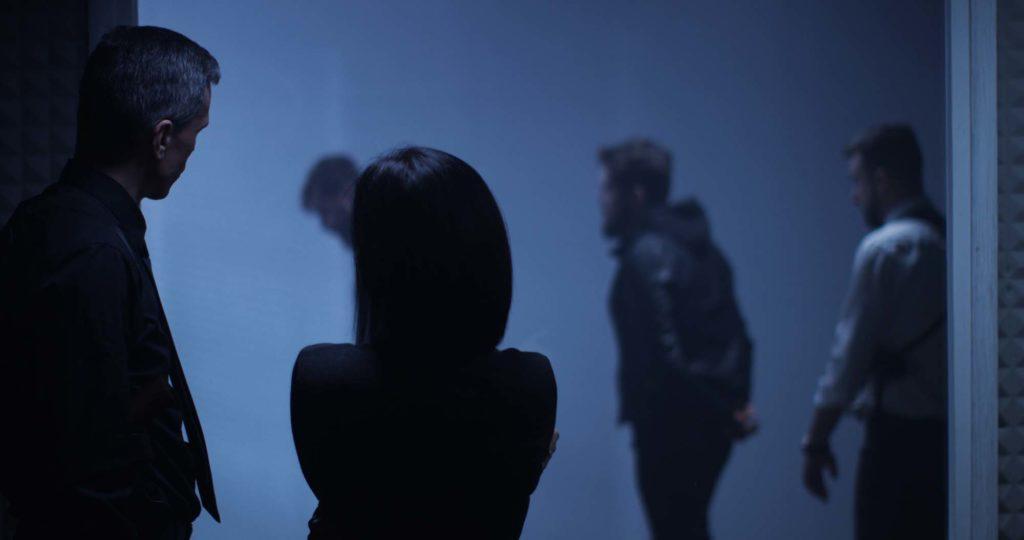Ask the Witness Only Once

When an eyewitness stands up in court and identifies the person they say committed a crime, the impact can be powerful and effective. This dramatic testimony can be sincere and honest. It can also be wrong and tragically lead to wrongful convictions, lifelong incarcerations, and even the death penalty. But how can this happen? The witness is telling the court what they truly believe and remember. And therein lies the problem: memory, the often fuzzy and malleable recollections of events in the past.
In the latest edition of Psychological Science in the Public Interest, researchers look at the problems with eyewitness misidentifications in the courtroom and explain why prosecutors and law enforcement should test a witness’s memory of a suspect only once. Joining us is John Wixted, a researcher at the University of California at San Diego and first author on this article.





Comments
Oakton Community College
Associate Member
Member Since 12/20/1994
How unfortunate for me that formerly I would pass by these weekly APS mailings–keeping them in my inbox for future reading 🙁 . Have begun reading them as they arrive, in so doing thoroughly enjoying and eager for next mailing 🙂 . Joan
APS regularly opens certain online articles for discussion on our website. Effective February 2021, you must be a logged-in APS member to post comments. By posting a comment, you agree to our Community Guidelines and the display of your profile information, including your name and affiliation. Any opinions, findings, conclusions, or recommendations present in article comments are those of the writers and do not necessarily reflect the views of APS or the article’s author. For more information, please see our Community Guidelines.
Please login with your APS account to comment.